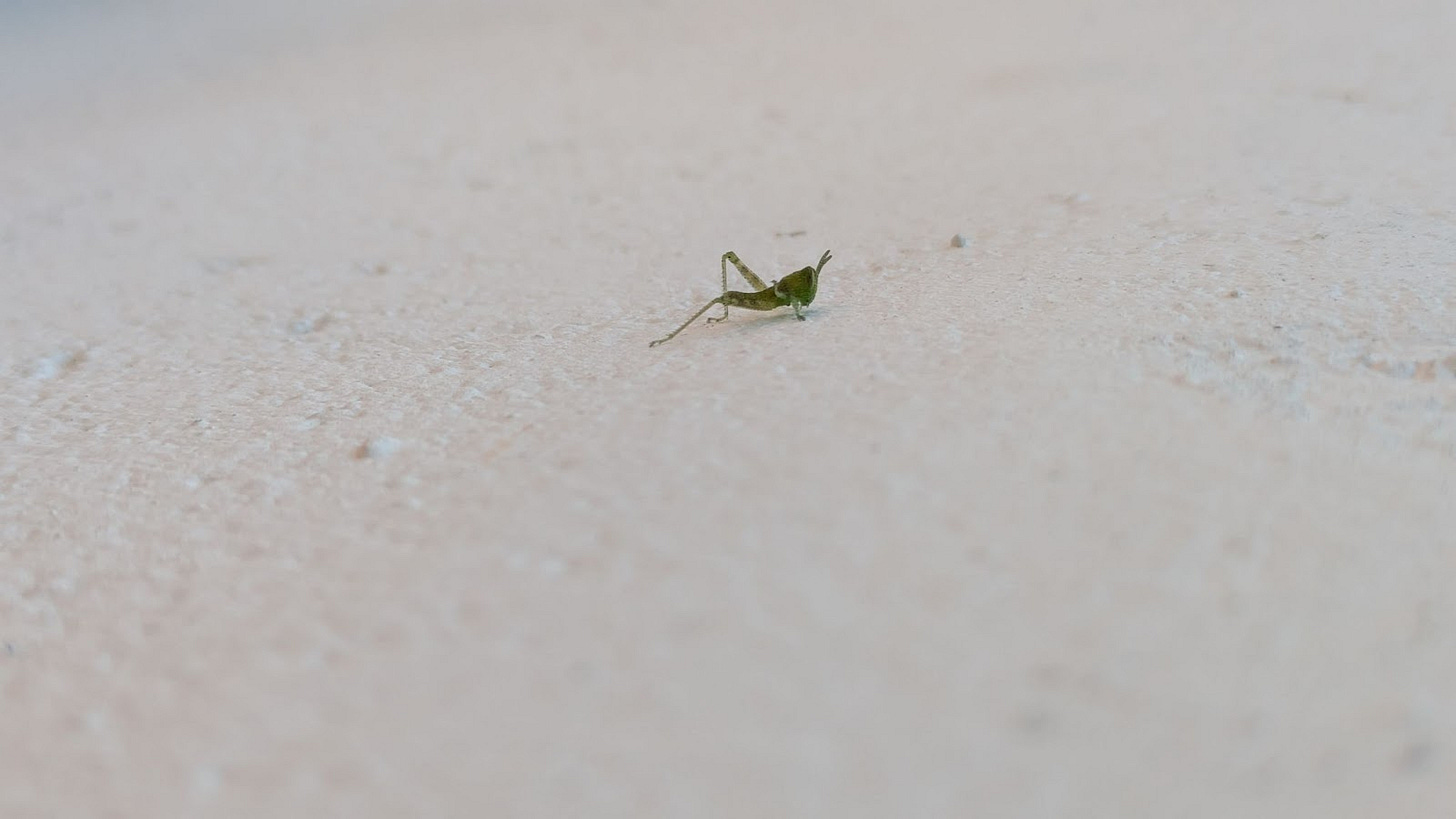Desenrascanço: Challenging times call for resourceful minds
“If you don't have a dog to hunt with, then hunt with a cat.”
Desenrascanço (Portuguese)
One of the most unexpected challenges of parenthood, at least for me, has been how much stuff there is to remember to bring with you everywhere at all times. Water bottles. Bento boxes. Snacks. Toys. Backup undies (for the kid, not for me). I'm constantly forgetting some random essential, so every trip out with my toddler becomes an episode of Survivor, where I'm forced to come up with a creative solution to an everyday problems.
Recently, I came across a Portuguese word that captures this feeling: “desenrascanço.” It literally translates to “disentanglement,” but it describes the ability to quickly improvise and solve problems using whatever means are available, even with limited resources. In this video, Joana Astolfi, a Lisbon-based architect and artist, describes the meaning of the word in detail:
Astolfi likens the word to a Portuguese saying: “If you don't have a dog to hunt with, then hunt with a cat.”
But Astolfi and others say that desenrascanço isn’t just about MacGyver-ing out of a problem. It represents a virtue in Portuguese culture that goes beyond resourcefulness and also describes the mindset of someone who refuses to be defeated by challenging circumstances.
It’s a virtue that feels especially relevant lately. As traditional institutions become increasingly unreliable — from healthcare systems to government services — more people are turning to mutual aid networks, community resources, and neighborhood friends to fill the gaps.
Desenrascanço seems to be in that same spirit of figuring out how to make things work in the face of challenging times.
Share-worthy
“I've always been interested in the idea that our love of fiction is motivated by a desire to experience worst case scenarios.” What a fun Hidden Brain episode to work on, all about why we’re drawn to scary movies, spicy foods, and other tiny acts of displeasure and pain.
Rest in peace to the poet
. I once saved this Instagram Reel they posted about how grief's highs and lows are like stitching a wound, which feels like the perfect metaphor for life lately. You probably know the feeling of whiplash between watching terrible things happen everywhere and then immediately finding joy in ridiculous places (for me, that was a tiny baby grasshopper I found on my back porch yesterday). I used to think this constant ping-ponging between grief and joy was unhealthy, but maybe it's actually healing. If we don't have those moments of lightness, those tiny grasshopper interruptions, there's no stitching.The Zombification of the Writer: Writer
fascinating take on AI, how it changes the way we read and write, and what it means for authors.Artist
Yoo wrote about the process of Techo Kaigi, or “notebook meeting” in Japanese. If you’re a notebook collector, this is for you.The
(writers Jade Chang and Ann Friedman) shared an email thread about trying to communicate with your dream self.At Taking Up Space, Angela Sauceda explains why you shouldn’t sleep on your weirdest ideas.
From the archives
Mindfulness Meditation Advice for the Anxious and Distracted (The Cut)
One small thing
Q&A a Day for Kids: I’ve dragged our three-year-old into my notebook obsession. I recently bought this three-year journal for kids and it’s so much fun. We do a nightly journaling session where I ask him questions from the book and write down his answers.
For example:
Q: If you could buy anything, what would you buy?
A: Yogurtland. The whole yogurtland.



You are too good to me, thank you for supporting my work 🙏🏼
As Portuguese mother it was peculiar reading that very common word in the beginning of your title. I once heard an US citizen that lives in Portugal translating “desenrascar” as “to macgyver” your way out of something.